Sure, drinking water is key to good hydration, but during/after an intense workout, is it enough? Particularly when we push ourselves, it’s more important than ever to focus on our fluids all day long. After all, water is the most essential nutrient our system needs.
“Our bodies are made up of more than half water and we use it for pretty much every bodily function—from regulating body temperature to removing waste to lubricating joints to carrying oxygen to the cells.” says Rachel Berman, a registered dietician and director of About.com Health. “That’s why you feel so fatigued, dizzy and moody when you’re dehydrated.”
While it’s true a tall glass of water is the best known way to stay hydrated, there are plenty of alternative options if you don’t like the taste of tap water. You can also reach for some of these water-rich foods and fluids that keep the H2O balance just right—and won’t require so many trips to the water cooler!
Magnesium contributes to flexibility and helps to prevent injury by loosening tight muscles. Without enough magnesium, muscles can’t properly relax, possibly causing cramps. Low magnesium can create a buildup of lactic acid, known to cause post-workout pain and tightness. Magnesium is one of the essential electrolytes needed for efficient hydration. A few magnesium stars include leafy green vegetables, pumpkin seeds, flax seeds, almonds, cashews, pecans, walnuts, brown rice, avocado, beans, raw cacao, edamame and seaweed. Modern life conspires to steal our magnesium. Caffeine, phosphoric acid in soda, too much salt, extreme sweating, alcohol, prolonged stress, antibiotics and other medications drain our bodies of the much-needed mineral.
Magnesium will help us sleep well, boost our mood and lower our stress; make it less likely that our muscles cramp; and more likely that we are flexible and energetic. WOW HYDRATE Hydrate contains 48mg of magnesium per bottle, along with essential electrolytes and vitamins for optimum hydration and performance.
Eat It Up
Who says you can’t have your water—and eat it, too? According to the Institute of Medicine’s recommendations we should eat 20 percent of our daily water intake. Soup, yogurt and oatmeal are all great fluid-filled foods, but these summer-friendly fruits and veggies can also help with hydration. Next time you’re feeling thirsty, pile these on your plate.
1. Watermelon
In the world of thirst quenchers, watermelon weighs in as a major contender. Based on its name, it’s no surprise this fruit is made up of 92 percent water! But its salt, calcium and magnesium is what makes it ideal for rehydration, according to a 2009 study at the University of Aberdeen Medical School. The summertime staple is also a good source of potassium, vitamin A and vitamin C.
2. Celery
This often-overlooked veggie is way more than chicken wing garnish! Celery stalks are about 95 percent water, high in fiber and rich in minerals including potassium and vitamin K. Keep in mind, “they’re not packed with nutrients, but that’s also because they’re not calorie-dense,” says Berman. “Plus, it’s nice to add a bit of crunch.”
3. Cucumbers
No matter how you slice ‘em and dice ‘em, cucumbers keep cool at the number one spot on the list of water-logged fruits and vegetables. At 96 percent water, have no saturated fat or cholesterol, and are very high in vitamin K, vitamin B6 and iron.
4. Strawberries
Even without the shortcake, strawberries are a sweet treat perfect for staying hydrated. They are 92 percent water (the most of any berry) and are loaded with fiber and vitamin C—as if you needed an excuse to sip on this refreshing summer cocktail!
Drink It Down
Most beverages (non-alcoholic, of course) will help contribute to your daily water intake. But here are five drinks that will give you some extra benefits, too. Yes, even coffee!
1. Fat-free or skim milk
Everyone knows milk is an excellent source of calcium that will keep your bones in tip-top shape. But research also shows milk is better than water and sports drinks for rehydration and recovery after exercise (yup, especially chocolate milk). Just be sure to choose a slimmed-down carton since the fat in whole milk can delay fluid replacement.
2. Smoothies
Can’t choose just one hydrating option? Slurping down a DIY smoothie is a great way to combine your favorite flavors into one nutritionally-packed glass. “And it only takes seconds to scarf down!” says Berman. Try drinking your fruits and veggies with these healthy (and tasty) green smoothie recipes.
3. Sports drinks
The electrolytes and protein included in WOW HYDRATE drinks can bring your body back to balance faster than water after a grueling workout lasting over 90 minutes.
4. Coconut water
There’s a reason people go nuts for this tropical drink. Coconut water is low in carbohydrates, while still rich in potassium. And its unsweetened varieties can be very hydrating (assuming you like its unique taste). According to a study in the Medicine & Science in Sports & Exercise, the all-natural beverage is effective in rehydrating after light exercise. But for more rigorous sweat sessions, the low-sodium drink does come up short in replenishing the salt your body loses.
5. Coffee
Isn’t coffee a diuretic? Well, yes, but a recent study in PLOS ONE debunks the myth that it also causes dehydration. Not only will your daily cup contribute to your water needs, coffee can also give you a sharper memory, boost athletic endurance and performance, and reduce the risk of many serious ailments including diabetes and heart disease.

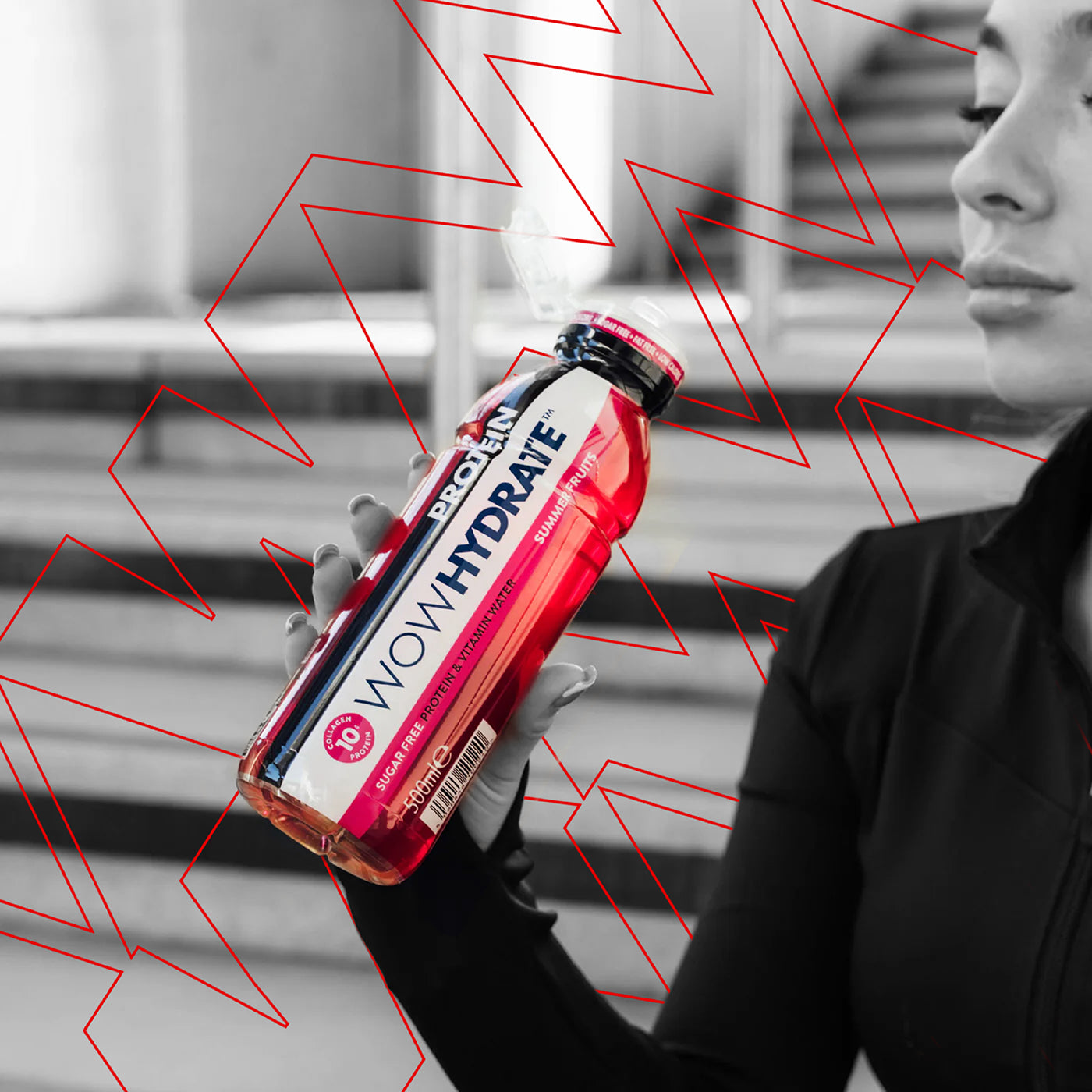
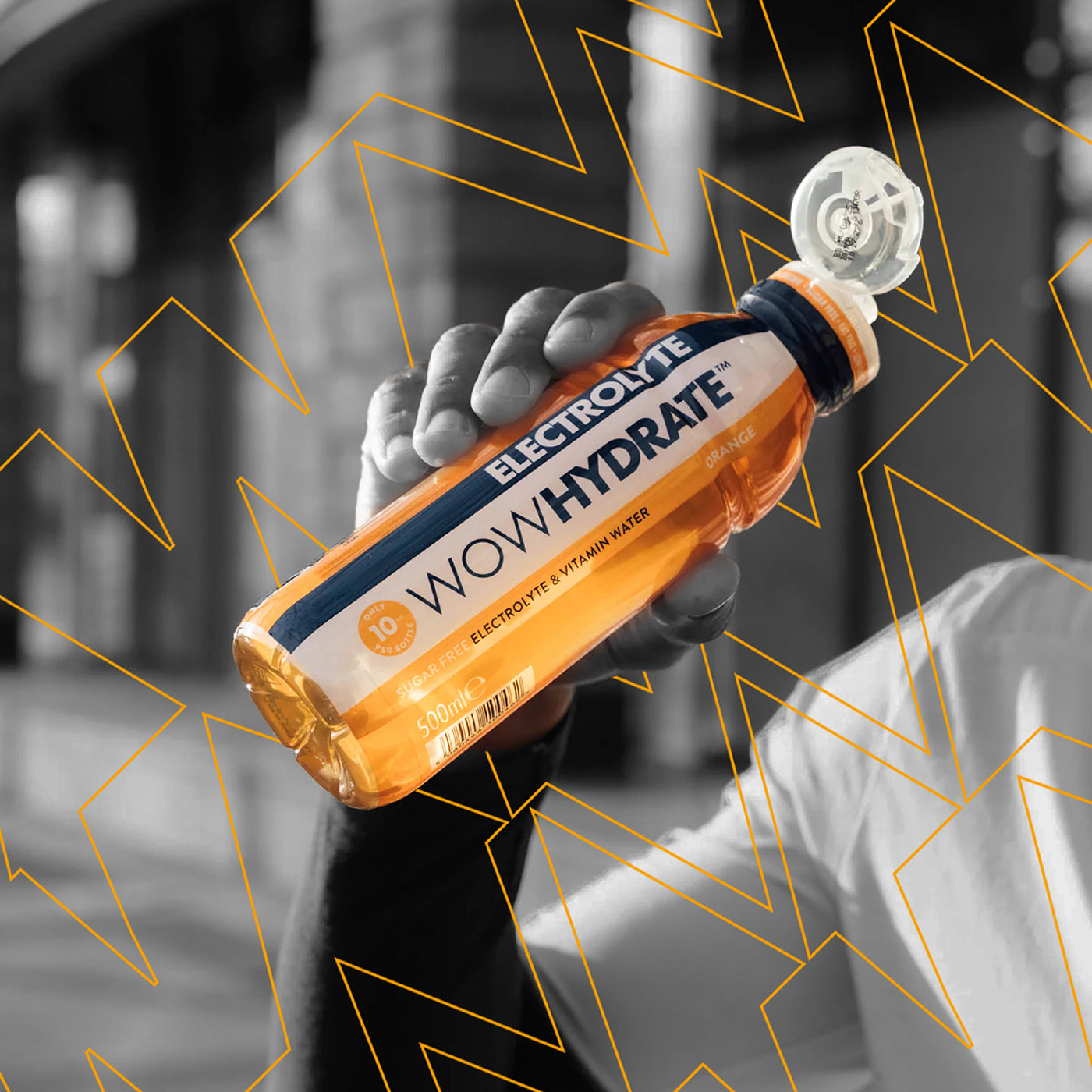
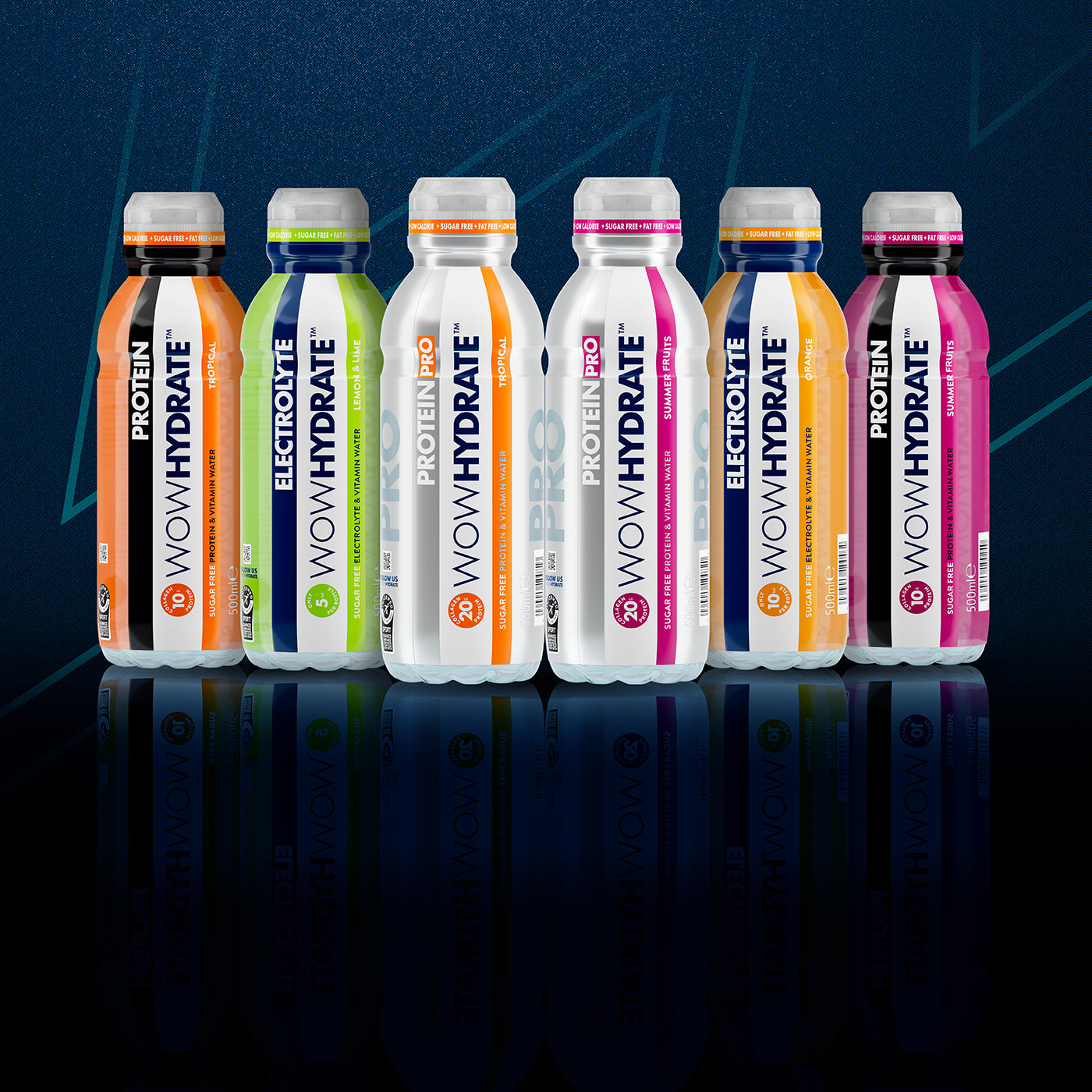
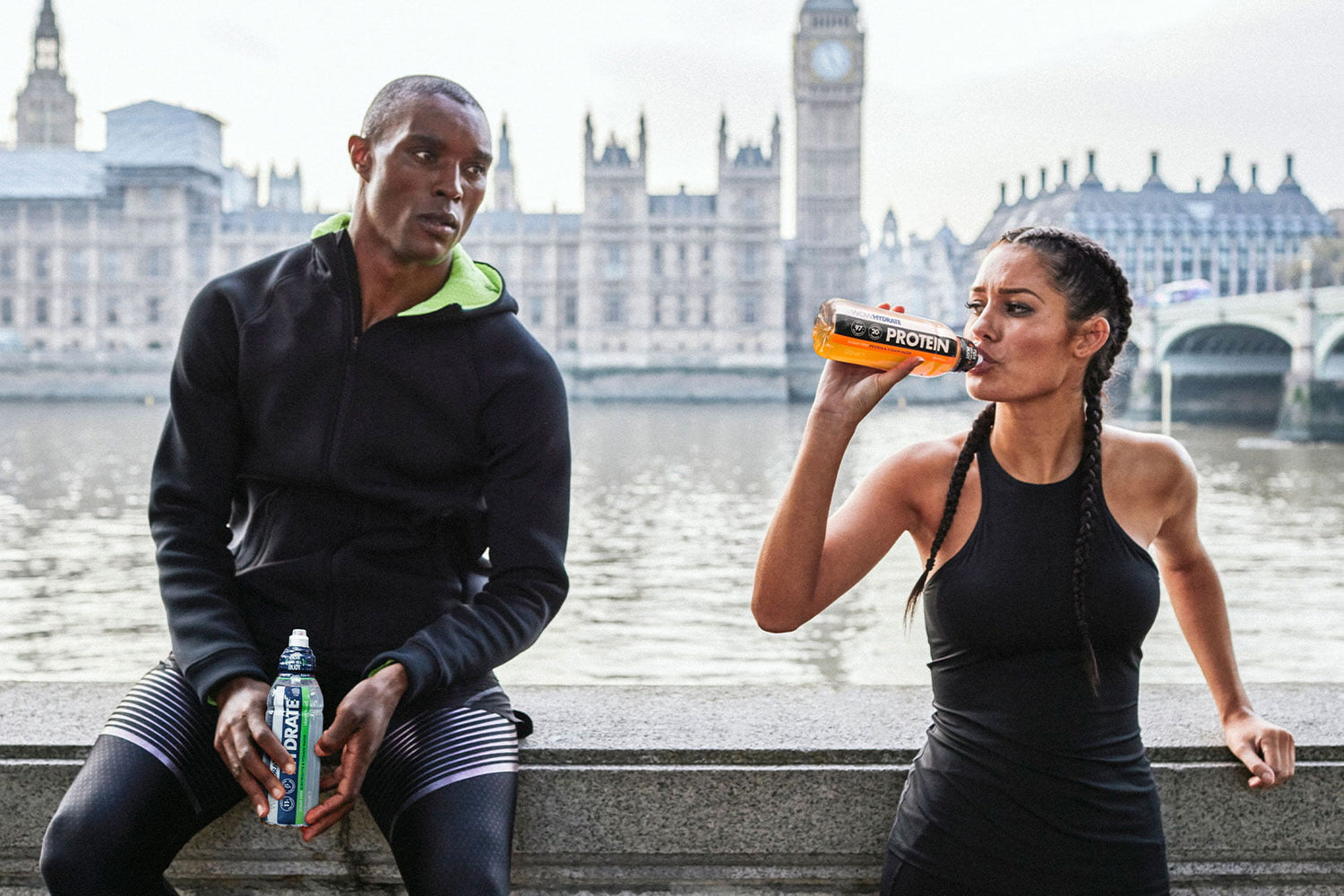
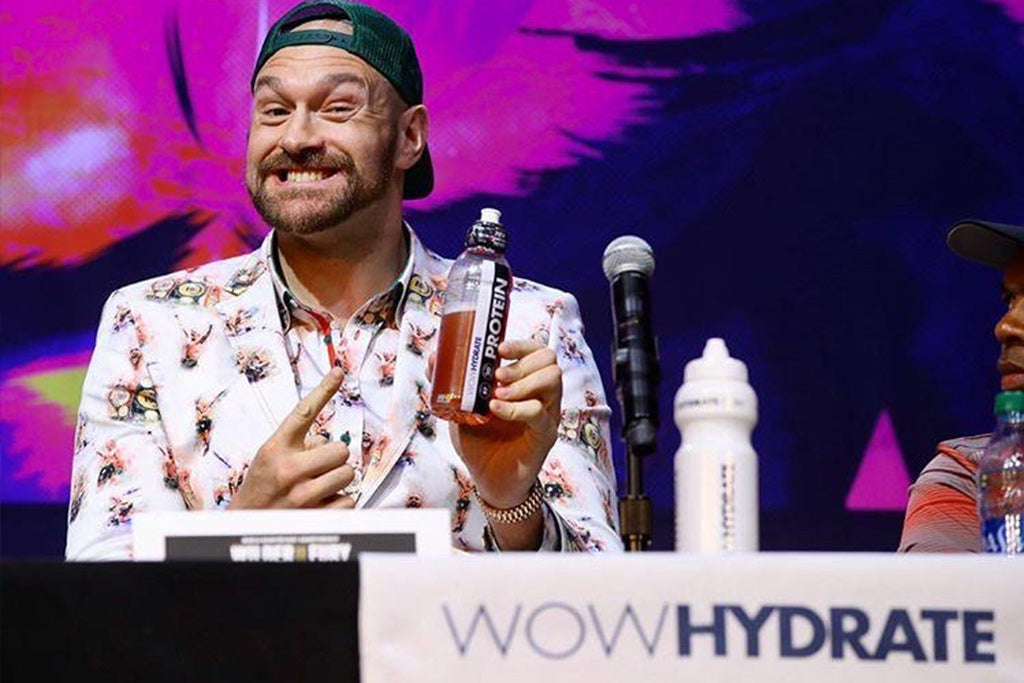

Leave a comment
This site is protected by hCaptcha and the hCaptcha Privacy Policy and Terms of Service apply.